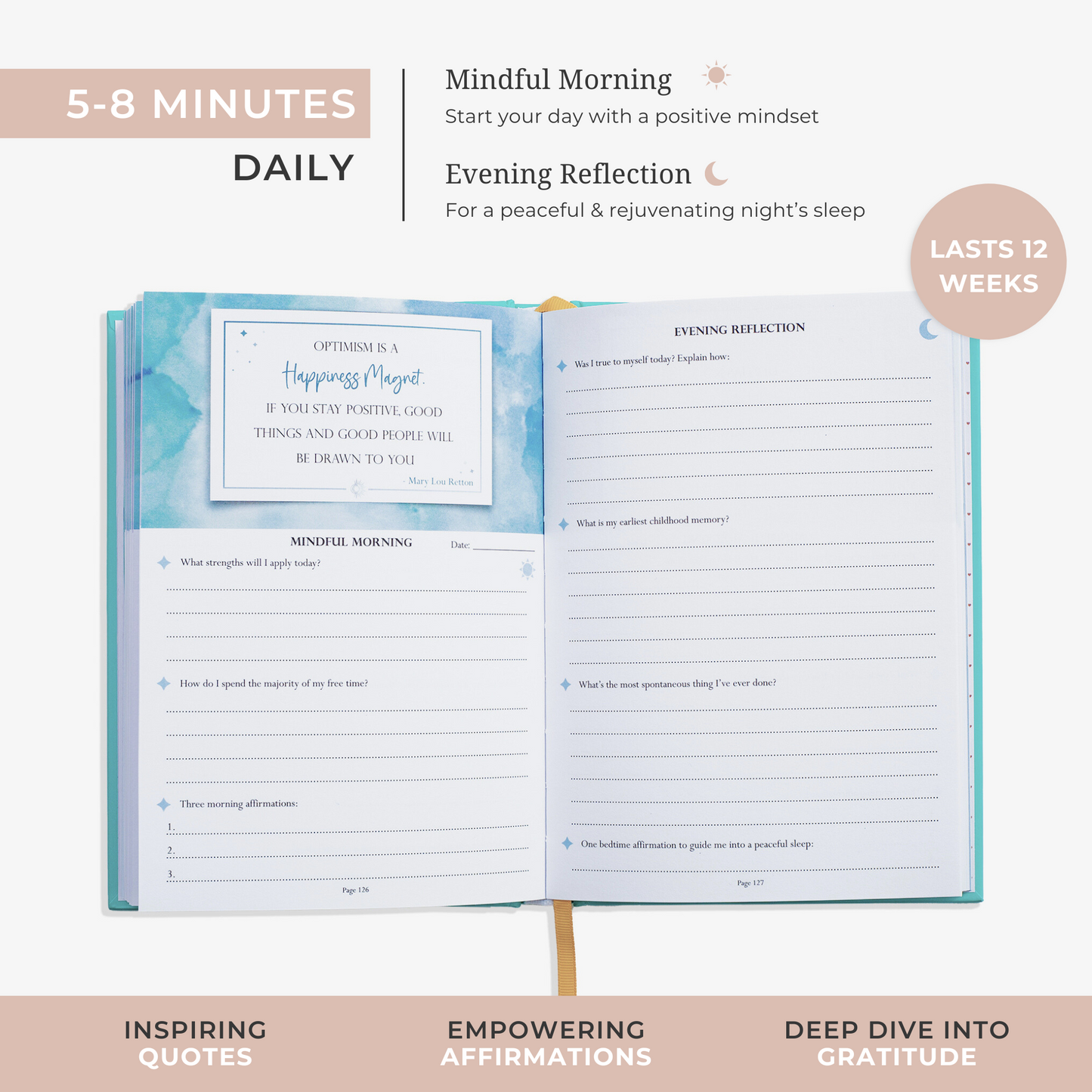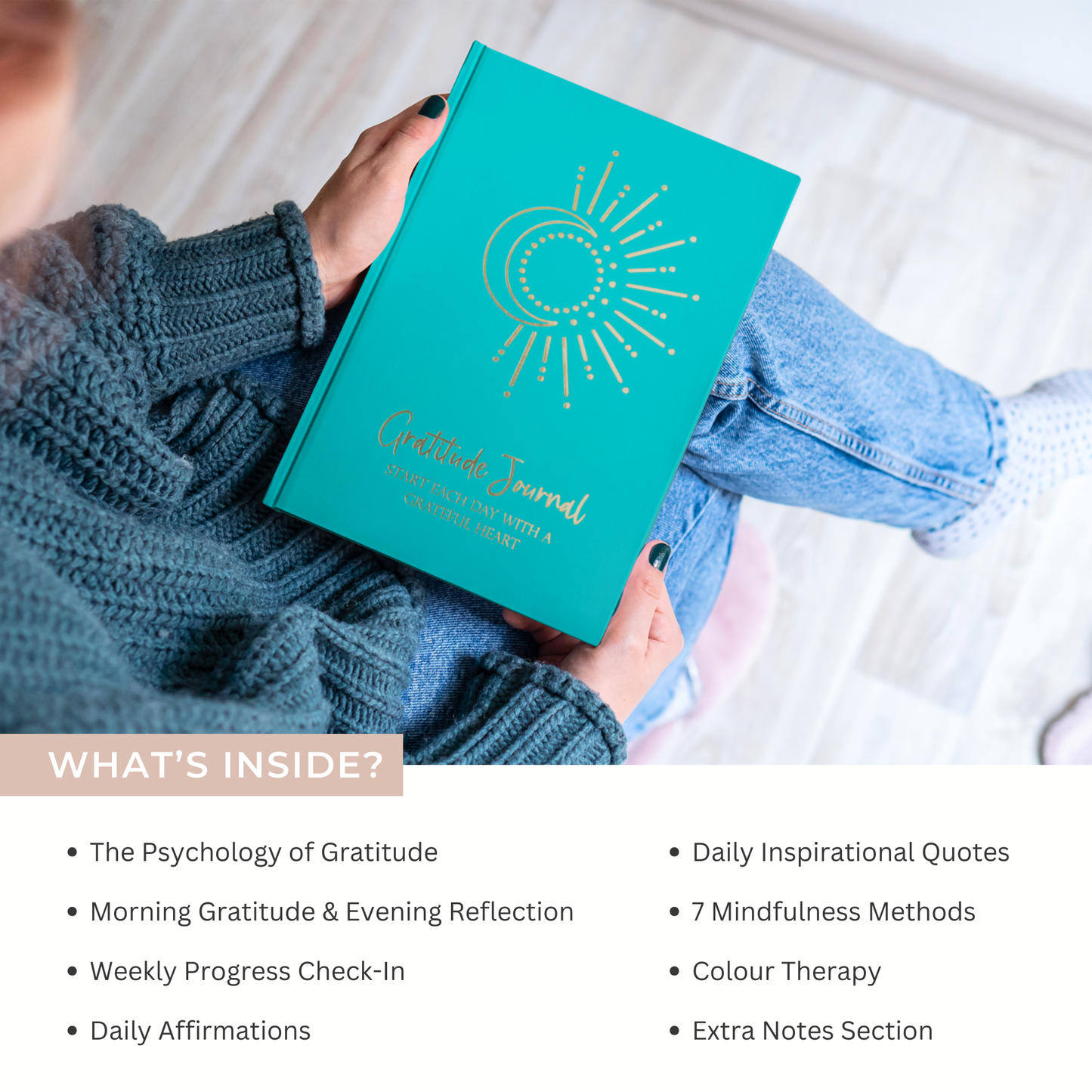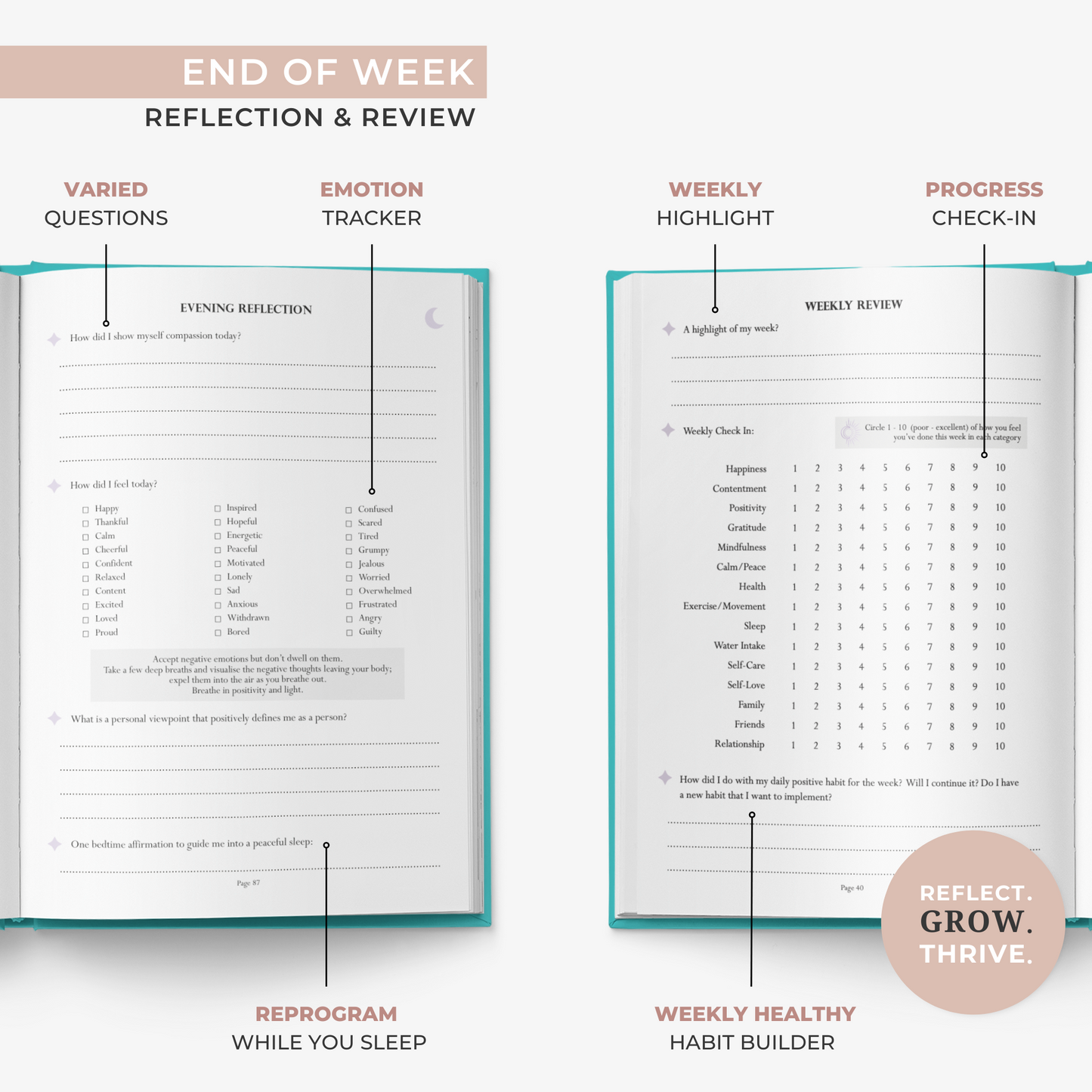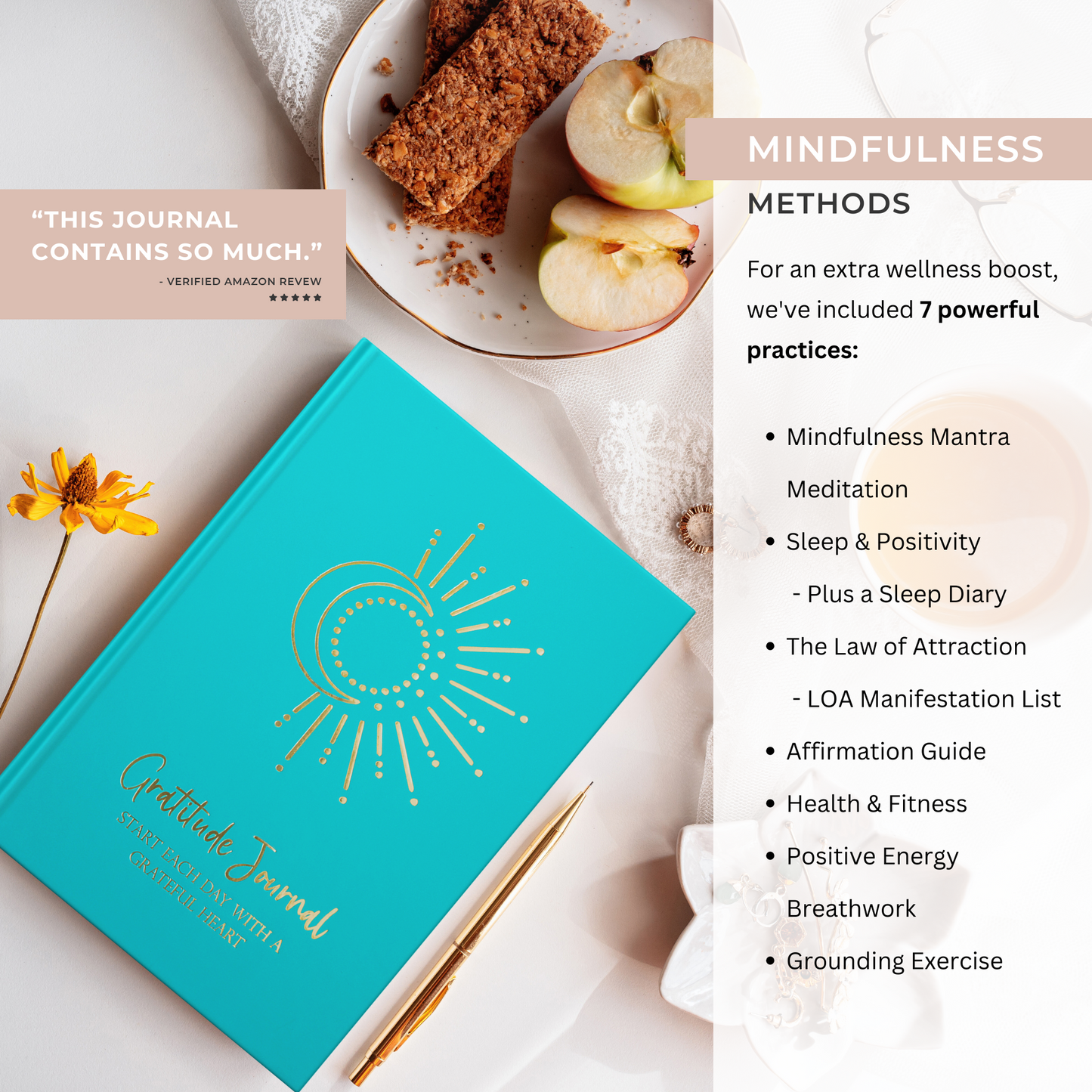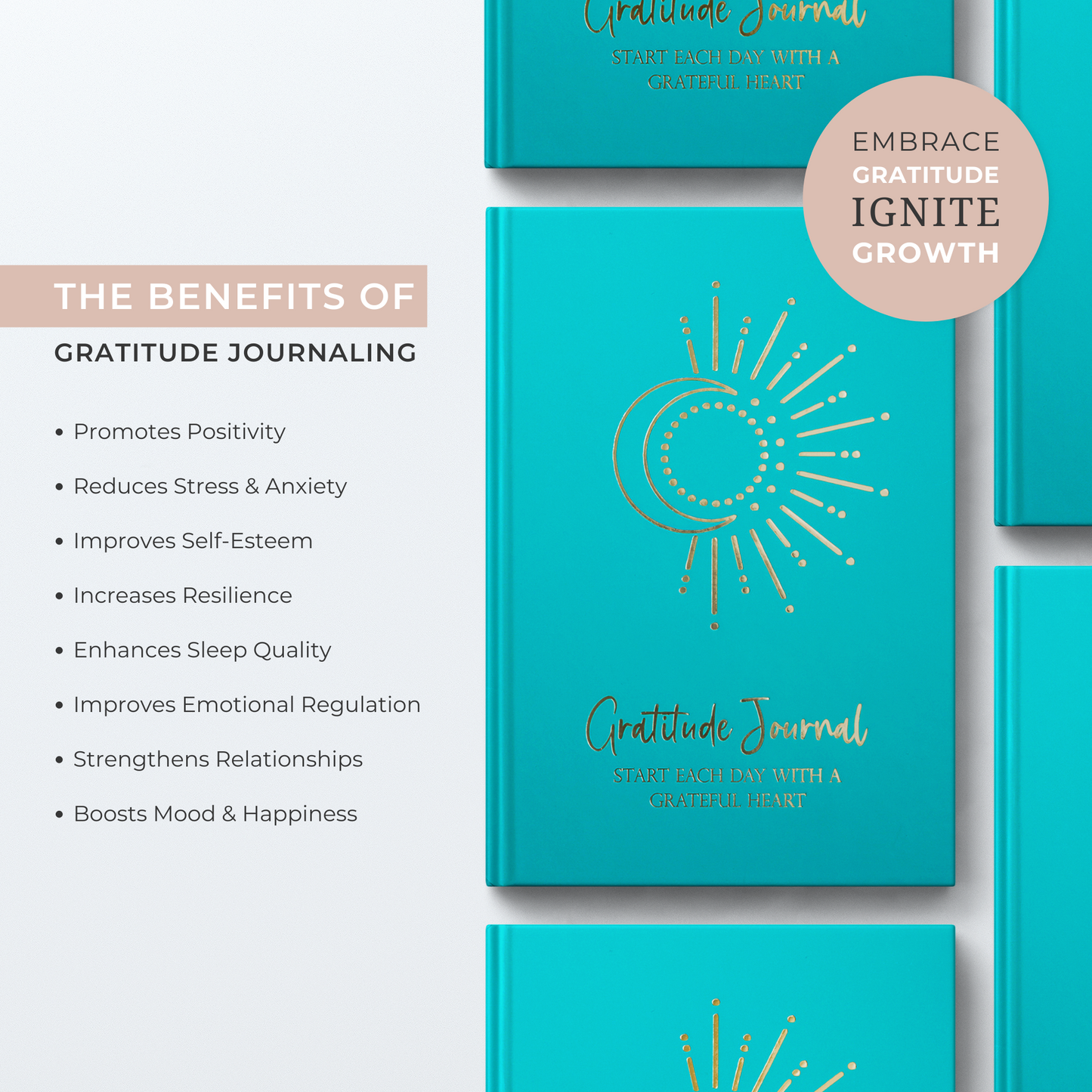The Power of Self-Compassion: How to Silence Your Inner Critic
Have you ever caught yourself saying things to yourself that you’d never dream of saying to a friend? That little voice in your head—the one that whispers (or shouts) that you’re not good enough, that you should be doing more, that you’ll never measure up—can be relentless. But here’s the truth that you need to know: You are not your inner critic.
For so many of us, self-criticism feels like a default setting. It sneaks into our thoughts, shaping how we see ourselves and how we move through the world. But what if we could replace that harsh inner dialogue with self-compassion? What if, instead of tearing ourselves down, we practiced kindness and understanding toward ourselves—just as we would with someone we love?
What Is Self-Compassion?
Self-compassion is the practice of treating yourself with the same care and kindness that you would offer to a dear friend. It consists of three key elements:
-
Self-Kindness: Speaking to yourself gently instead of harshly.
-
Common Humanity: Recognizing that imperfection is part of the human experience—you're not alone, we ALL make mistakes!
-
Mindfulness: Acknowledging your feelings without over-identifying with them or letting them define you.
When we cultivate self-compassion, we shift from being our own worst critic to becoming our own source of support. This shift isn’t about ignoring mistakes or challenges; it’s about meeting them with a sense of understanding and resilience rather than shame.
Why Do We Struggle with Self-Compassion?
One of the main reasons people find it difficult to practice self-compassion is because they fear it will lead to complacency. We often believe that being hard on ourselves is what keeps us motivated, pushing us toward success. But research shows the opposite—self-compassion actually enhances motivation. When we respond to failure with kindness rather than harsh criticism, we are more likely to learn from our mistakes and move forward with resilience.
Another challenge is the cultural emphasis on self-esteem over self-compassion. While self-esteem is based on our successes and how we compare to others, self-compassion is unconditional. It allows us to embrace our worth, even when we fall short of expectations. Unlike self-esteem, which fluctuates based on achievements, self-compassion provides a stable foundation for confidence and inner peace.
How to Silence Your Inner Critic with Self-Compassion
1. Notice When Your Inner Critic Shows Up
The first step is awareness. Pay attention to the moments when your inner critic takes center stage. Is it when you make a mistake at work? When you look in the mirror? When you compare yourself to others on social media? Awareness is the first step toward change.
2. Talk to Yourself Like You’d Talk to a Friend
Would you ever say to a friend, “You’re a failure. You’ll never be good enough”? Of course not. So why say it to yourself? Next time you catch yourself being self-critical, pause and reframe your words. Imagine what you’d say to someone you love and say that to yourself instead.
3. Practice Self-Compassionate Affirmations
Affirmations can be a powerful way to shift your mindset. Try repeating these phrases when you’re feeling down:
-
“I am doing the best I can, and that is enough.”
-
“I am worthy of love and kindness, just as I am.”
-
“I give myself permission to be imperfect and to grow.”
4. Keep a Self-Compassion Journal
Journaling is a great way to rewire negative thought patterns. Each evening, take a few minutes to write down something you struggled with and how you can respond with kindness. My Elysian Wellbeing Gratitude Journal is designed to help you reflect, shift your mindset, and cultivate more self-love.
5. Embrace Imperfection
Perfection is an illusion. Mistakes and setbacks are part of life. Instead of seeing them as proof of inadequacy, see them as opportunities for growth. Remind yourself that you’re learning, evolving, and doing your best—and that is more than enough.
The Science Behind Self-Compassion
Studies by Dr. Kristin Neff, a leading researcher in the field, show that self-compassion leads to greater emotional resilience, lower levels of anxiety and depression, and even improved physical health. People who practice self-compassion are more likely to take care of their bodies, engage in healthy behaviors, and recover more quickly from setbacks.
Research also suggests that self-compassion activates the parasympathetic nervous system, which promotes relaxation and stress relief. When we engage in self-compassionate thinking, our brain releases oxytocin, the hormone associated with feelings of safety and connection. This makes self-compassion a powerful tool not only for mental well-being but for overall health.
How Self-Compassion Transforms Your Life
When you practice self-compassion, it doesn’t just benefit you—it impacts every area of your life. You become more resilient, more confident, and more at peace with yourself. You start setting healthier boundaries, pursuing your goals with courage, and showing up as the best version of yourself.
Here are some ways self-compassion can enhance different areas of life:
-
Work and Productivity: Self-compassion helps reduce burnout and perfectionism. It allows you to accept mistakes and learn from them instead of dwelling on failure.
-
Relationships: Being kinder to yourself encourages empathy and kindness toward others. It can improve the way you communicate and help you build deeper, more meaningful connections.
-
Mental Health: Practicing self-compassion reduces stress, anxiety, and depression by replacing negative self-talk with understanding and support.
-
Physical Health: People who practice self-compassion are more likely to engage in self-care activities, such as exercising, eating well, and getting enough rest.
Small Daily Practices to Cultivate Self-Compassion
If you’re wondering where to start, here are a few simple ways to practice self-compassion daily:
-
Start your day with a kind thought. Instead of jumping straight into tasks, take a moment to say something encouraging to yourself.
-
Take breaks when needed. Listen to your body and mind. Rest isn’t laziness—it’s essential for long-term productivity and well-being.
-
Write yourself a letter. Imagine writing to yourself as if you were your best friend. What words of encouragement would you offer?
-
Practice self-care. Prioritize activities that nourish you, whether it’s meditation, a warm bath, or reading a book.
-
Engage in gratitude. A gratitude journal can help shift focus from what’s wrong to what’s going well.
The Ripple Effect of Self-Compassion
Self-compassion is a gift that keeps on giving. When you cultivate it, you inspire those around you to do the same. Your kindness toward yourself sets an example for others to treat themselves with the same care and gentleness.
So today, I challenge you: Speak to yourself with kindness. Offer yourself grace. Because you deserve it, always.
What’s one self-compassionate thought you’re going to practice today? Let me know in the comments—I’d love to hear from you! 💛







